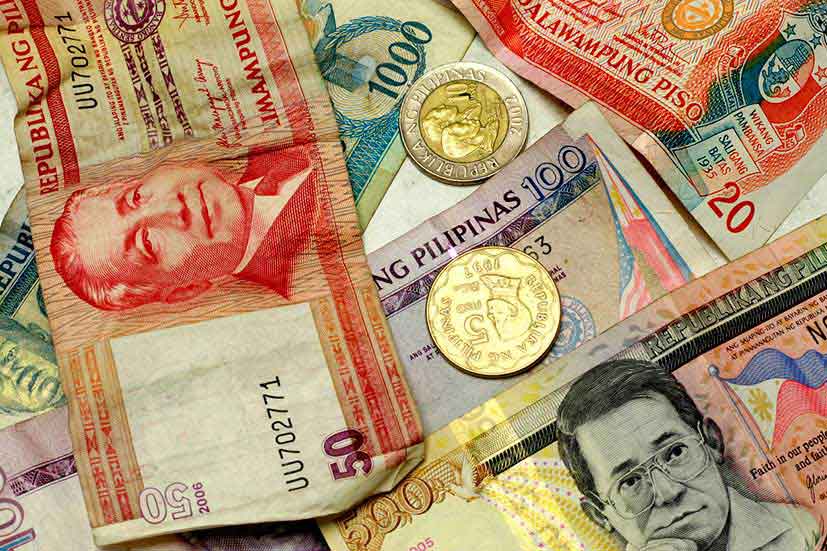The Philippine Central Bank or Bangko Sentral ng Pilipinas (BSP) warned the speculators that in an attempt to shred any kind of speculative activity it will access the currency market. Warning speculators, BSP Governor, Nestor Espenilla said that the ones who intend to take advantage by exaggerating for financial gain, “The BSP will not tolerate such speculative behavior, and stands ready to use its very ample international reserves and deploy its full policy and regulatory arsenal if necessary.”
The economy grew up to 6.5 percent in the second quarter from 6.4 percent in the first quarter, making it Asia’s second fastest growing economy after China. One day after this announcement, on August 18th, the peso had the sharpest drop in 11 years at 51.49 to $1.
The bank stated that it is expecting to stabilise peso, which faced a sharp drop. Spreading words of caution, BSP mentioned that it is set to implement its full policy and regulations to protect the local currency, which is the lowest performing of the region. Yet the monetary regulatory bodies have been insistent that the fall of peso is not a cause of alarm. Talking about the currency stabilization, Nestor Espenilla said, “In any case, we think the peso has now sufficiently adjusted and can be expected to regain relative stability going forward. This soft landing is reinforced by effective discipline in fiscal management and a well-designed and well-executed public investment program.”
Digging the cause behind the instability of the peso, the BSP found that the strong demand for dollars from companies expanding their operations in the Philippines is the prime reason. “Each economy faces its own unique challenges and should therefore, be deliberately implementing policies that suit its circumstances and needs. The Philippines is doing the correct thing in prioritizing a more investment-led economic growth,” Espenilla said.
Despite the economic upheavals, the bank will continue to follow its open-ended and adaptive exchange rate policy. “A flexible and adaptive exchange rate policy enables the BSP to keep its interest rate policy settings squarely focused on achieving the inflation target while dampening consumption and supporting a more investment- and export-led growth that the economy needs to sustain its strong momentum over the long haul,” he mentioned.
Espenilla said that allowing the peso to deflate steadily to a more appropriate level is fully consistent with that strategy. According to him, low inflation, growth and jobs are the defining factors of an economy. Facing several criticisms and apprehensions about the Philippines economy on the mere basis of the depreciating trend of the peso against the dollar, Espenilla made a statement, answering to them all, “However, the BSP is very mindful that such adjustment may create market uncertainty if not well explained. So, we communicate and explain.”

